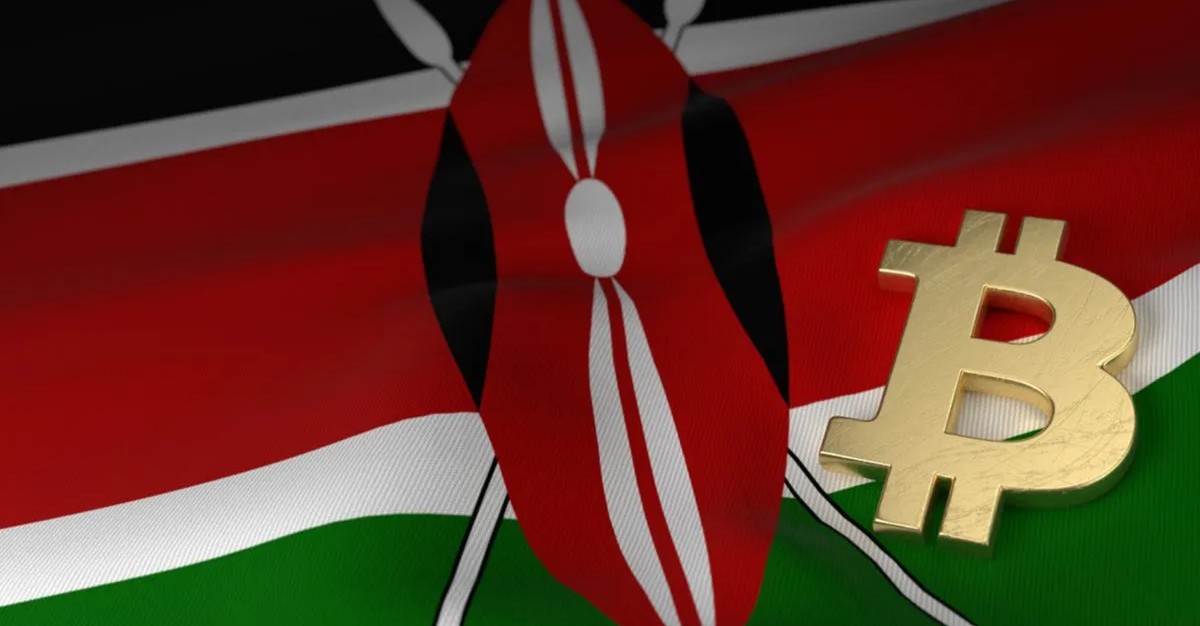
The International Monetary Fund (IMF) has recently called on Kenya to establish a comprehensive regulatory framework for its burgeoning cryptocurrency market. This recommendation comes amid growing concerns regarding consumer protection, anti-money laundering (AML), and combating the financing of terrorism (CFT). The emphasis from the IMF underscores an urgent need for Kenya to modernize its outdated legal framework to support the evolving crypto industry.
IMF Urges Kenya to Update Crypto Regulations
In a technical assistance report released on January 8, the IMF highlighted that Kenya’s existing regulations, which are primarily based on traditional financial markets, are inadequate for the dynamic and rapidly changing world of cryptocurrency. These outdated laws have created loopholes, making it easier for crypto-related scams and crimes to proliferate. During a meeting in Nairobi, IMF officials observed that Kenyan lawmakers were uncertain about how to effectively regulate crypto assets, leading to confusion and delays in decision-making.
To address these issues, the IMF recommends that Kenya align its regulatory framework with international standards. Such a framework should foster growth and innovation within the crypto sector while simultaneously safeguarding consumers and ensuring financial stability. The establishment of clear and effective regulations can help Kenya harness the potential of digital currencies while mitigating associated risks.
Key Recommendations from the IMF
The IMF has outlined a set of strategic recommendations for Kenya, categorized into short, medium, and long-term actions to enhance its crypto regulations. In the short term, the IMF advises Kenya to conduct a thorough analysis of the crypto market and initiate collaboration with other regulatory bodies. Furthermore, it is essential for the Kenyan government to delineate which specific crypto activities will fall under regulatory oversight.
For the medium to long term, the IMF urges Kenya to develop robust legal and licensing frameworks, bolster supervisory resources, and ensure that its regulations are in harmony with global standards. This comprehensive approach will not only provide clarity and consistency in regulations but also enhance the country’s ability to manage the complexities of the crypto market effectively. Additionally, the IMF suggests clearly defining crypto assets within Kenya’s financial laws to prevent confusion and inconsistencies.
Strengthening Cross-Border Cooperation
Another critical recommendation from the IMF is for Kenyan authorities to establish clear legal definitions for crypto assets. This step is crucial to ensure consistency across financial laws and to eliminate any ambiguity between terms such as ‘digital currency’ and ‘virtual asset.’ Moreover, the IMF emphasizes the importance of international collaboration in managing risks associated with foreign crypto exchanges operating within Kenya. By adopting a comprehensive approach to regulation and enforcement, Kenya can effectively safeguard its financial system while promoting a healthy crypto ecosystem.
In conclusion, the IMF’s recommendations serve as a crucial roadmap for Kenya to navigate the complexities of the crypto market. By implementing these guidelines, Kenya can position itself as a leader in the digital financial landscape, ensuring both innovation and protection for its citizens.






